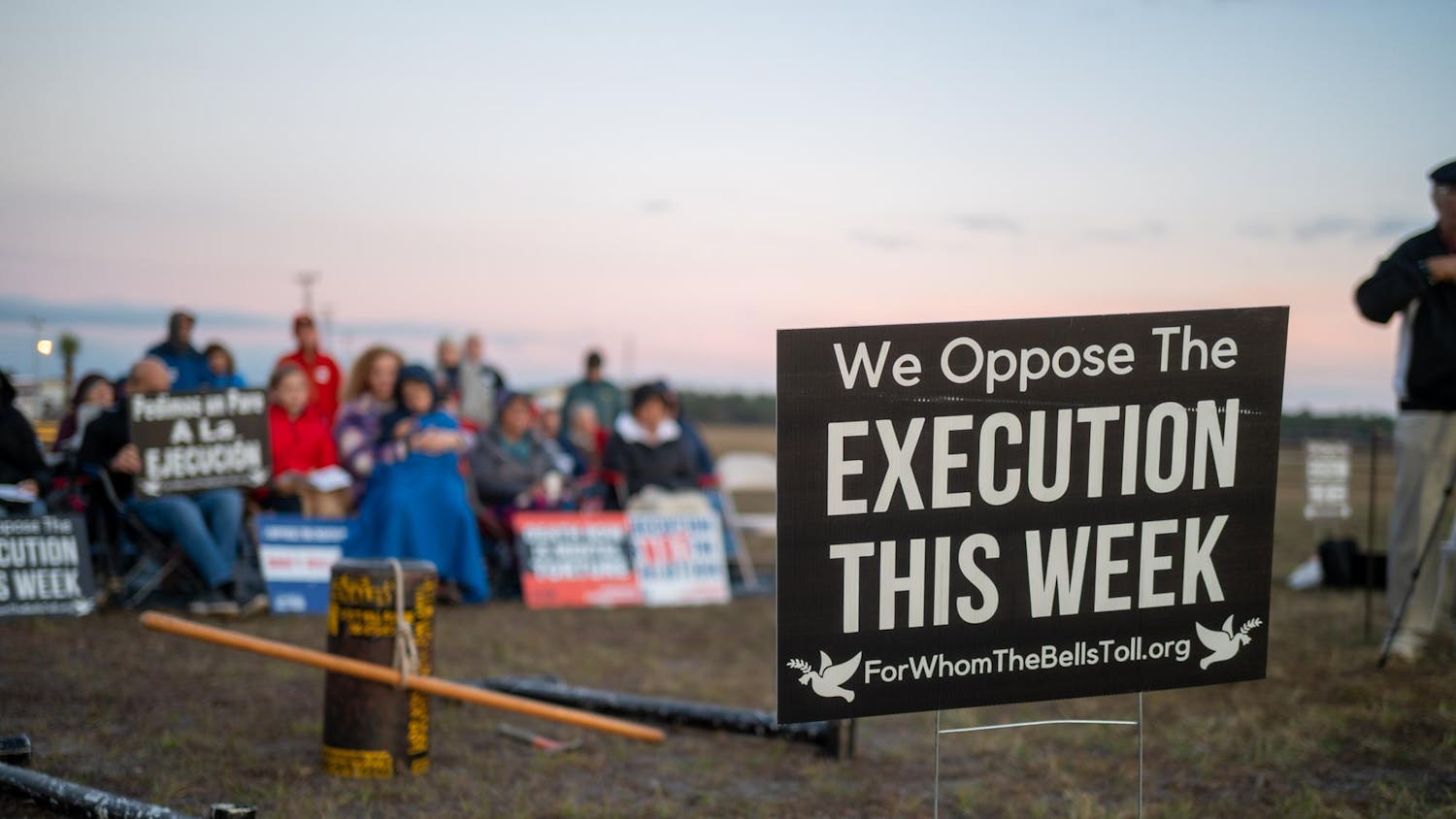
Alachua County Commissioners have unanimously approved an increase of $15 million to the county’s budget.
The county’s budget now totals more than $486.4 million and the general funds budget totals more than $184.6 million, a $3 million increase, following a Tuesday meeting. Throughout the six hours, commissioners also passed two COVID-19 related emergency orders, presented a CARES Act grant program update and discussed slanderous emails.
The approved budget was part of the Capital Improvement Plan, which lists the timing and costs of projects and available funds. Upcoming projects include $10 million updates to the County Administration Complex and Court Services Support Building and more than $7 million to Wild Places, Public Spaces projects. Despite a lowering of the tax rate, the budget which funds the county’s operation, such as county programs or community development, is still increasing. This can happen because of an increased value in properties assessed or an increase in the number of assessed properties.
The first emergency order the commission passed was in response to Florida Gov. Ron DeSantis’ emergency order to reopen bars statewide. The county will continue allowing bars to operate at a 50% capacity rate.
The county will have distributed about $5 million to individuals and businesses through the CARES Act by Oct. 5, said April Shuping, a partner at Carr, Riggs & Ingram, the accounting firm contracted by the county. The county had distributed $310,000 to residents in late August.
A more detailed report will be available at an Oct. 6 county commission meeting.
About 40% of CARE act applicants were denied because they were unable to document the impact of COVID-19 on their expenses or direct income, Shuping said. Applicants can check their status online using their application ID and last name, she said.
The application status will indicate if a resident needs to provide further documentation, Shuping said. Residents can also contact the county for help through the email address and number provided on the application.
The county is still reviewing applications as it has only processed slightly above half of them, she added.
The second emergency order continues to limit county meetings to an online platform.
Alachua County Commission meetings have been streamed through Zoom since April. The commission will continue to host virtual meetings online or through a hybrid format. It wasn’t clear what a hybrid meeting would look like.
The county commission also discussed limiting public access to emails sent to the county that contain confidential and exempt information, County Attorney Sylvia Torres said. This includes bank account information and social security numbers.
“The issue that we’re trying to address here is information that makes it to our website that is either confidential and exempt under the Florida public records law,” she said. “Or, is the kind of information that we don’t particularly want to put forwards.”
Other emails could be removed under the policy if they can be considered irrelevant, slanderous or repetitive, such as divorce information, Torres said.
The policy proposal was presented because residents have sent emails that include personal information or slanderous comments about local businesses, Torres said. Emails that also included details about Alachua County’s downtown administration building shouldn’t have been posted for safety reasons, she added.
Whether an email is irrelevant, slanderous or repetitive would be up to the county’s discretion, she said. All emails sent to the commission have been included on the website for the public to view. The public can also request emails through a public records request.
County Commissioner Mike Byerly said he feared that what the terms the attorney mentioned, such as irrelevant, were too broad. The agenda item will be discussed at a meeting in two weeks.
Two county residents provided public comment regarding the proposed policy. Residents felt that the change would decrease the county’s transparency.
“I don’t think that the chair nor city staff should be engaging themselves in review and censorship of mail,” Alachua County resident Nathan Skop said during the meeting.
Tamara Robbins, who also spoke during public comment, said she was frustrated at the difficulty of calling in to the meetings and challenged commissioners to give it a try.
“This is not the way to conduct public business,” Robbins said. “This is not democracy.”





